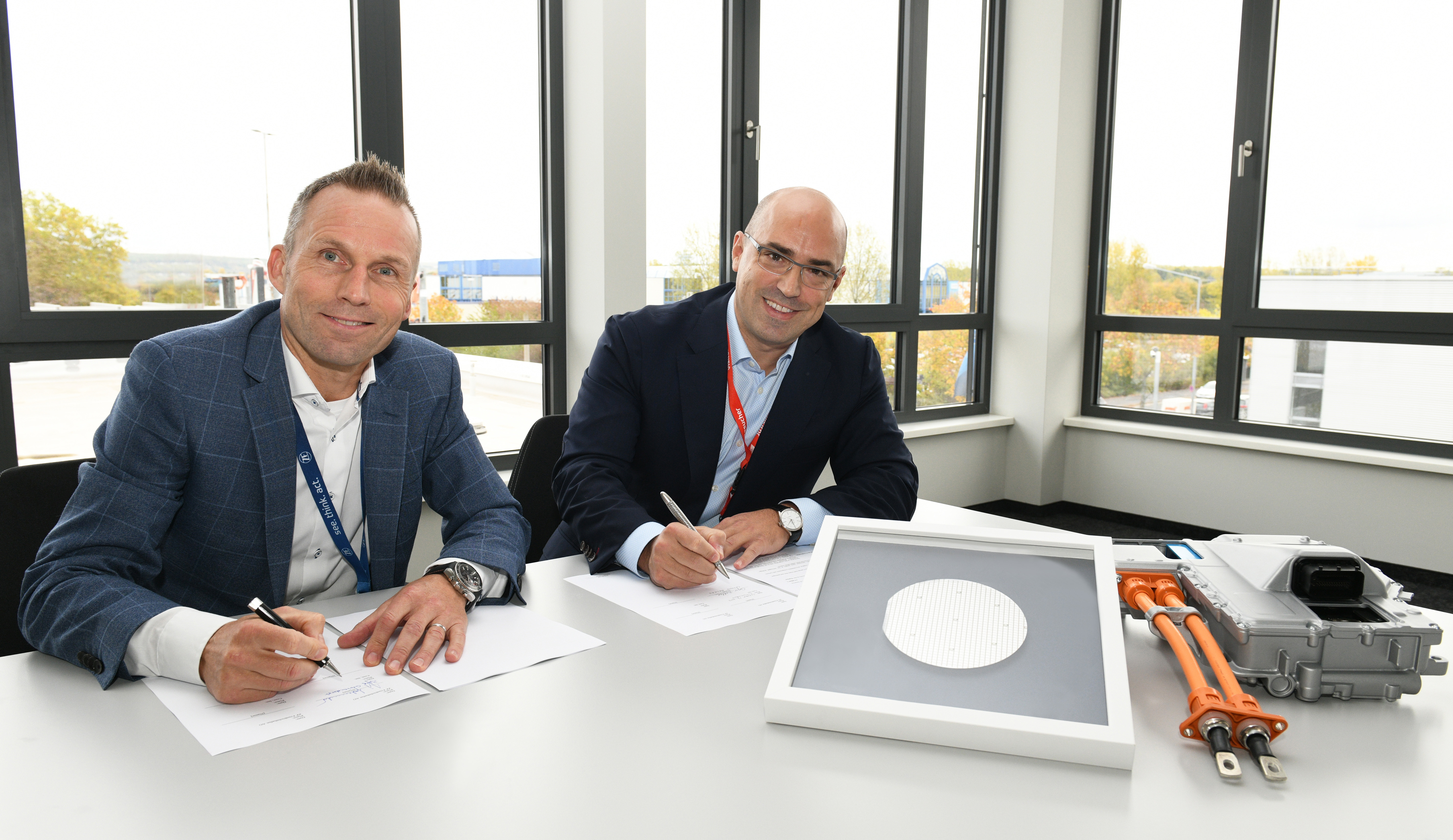Cree reported its strategic partnership with German’s ZF Friedrichshafen for highly efficient electric drivelines development.
With this strategic partnership, ZF and Cree are intensifying their existing cooperation. “We're delighted that we're building on our cooperation with Cree using their Wolfspeed silicon carbide technology and are absolutely convinced that combining our strengths will further improve efficiency and competitive edge for our components and systems,” said Jörg Grotendorst, Head of the ZF E-Mobility Division.

(Image: Cree)
The future use of silicon carbide-based power semiconductors will increase the range for electric vehicles in contrast to today's standard silicon technology. Due to high battery costs, the efficient electric drive represents an enormous growth potential for the foreseeable future. In particular, silicon carbide technology in conjunction with the 800-volt vehicle electrical system voltage makes a significant contribution to further increasing efficiency.
“Partnering with a tier-one leading global automotive supplier like ZF for the use of silicon carbide-based power inverters in next generation electric vehicles is indicative of the integral role silicon carbide plays in extending the capabilities of EVs everywhere,” said Gregg Lowe, CEO of Cree.
Electrified drivelines are making vast contributions to achieving worldwide emission targets and making mobility more sustainable.
Cree’s technology will initially be used to fulfill orders that ZF has already received for silicon carbide based electric drives from several leading global automakers. Through the partnership, ZF expects to make silicon carbide electric drivelines available to the market by 2022.












